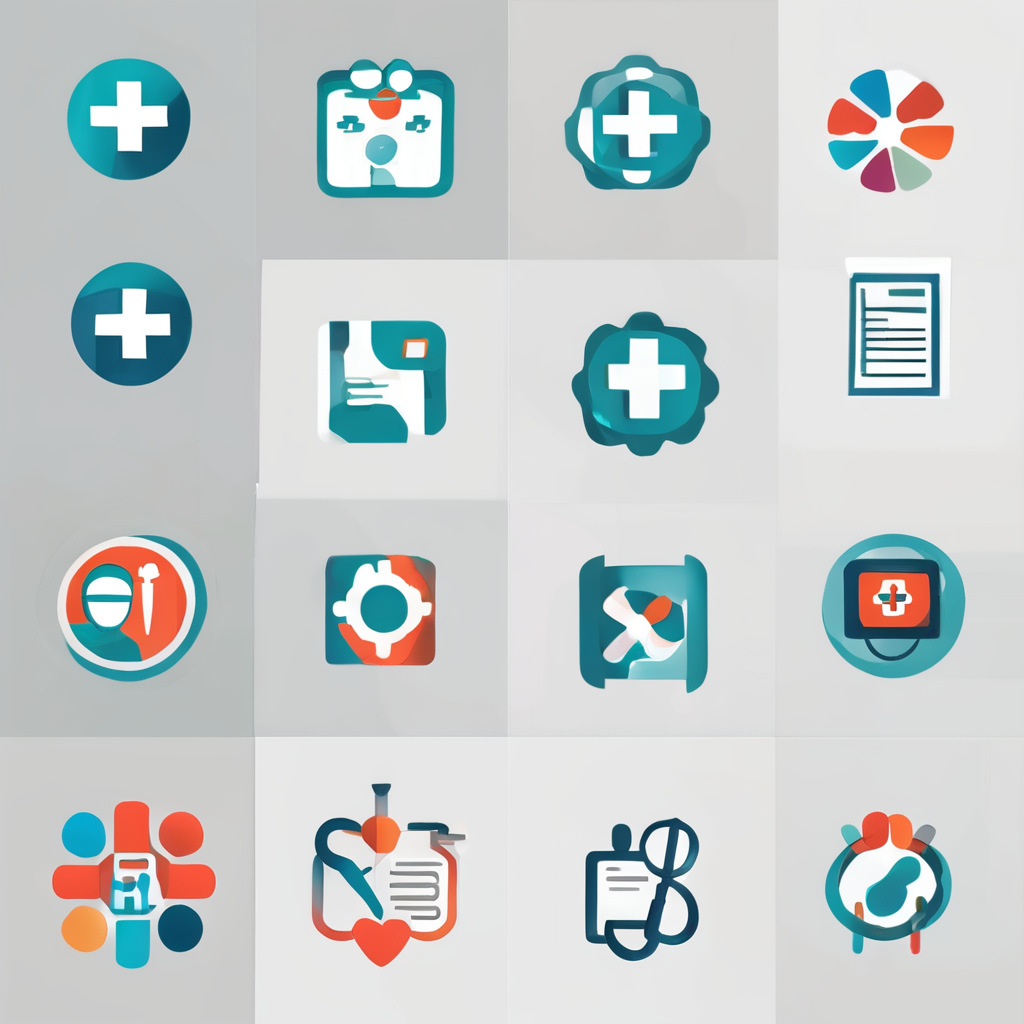Pregnancy is a remarkable journey marked by significant physiological changes in a woman’s body. During this time, maintaining proper hydration becomes essential for both the mother and her developing baby. As you navigate through these nine months, understanding the importance of fluid intake can lead to improved health outcomes and a more comfortable experience. This article explores the critical role of water during pregnancy, the consequences of dehydration, and strategies for ensuring adequate hydration throughout this transformative period.
Understanding the Basics of Hydration
Hydration is the process of maintaining the balance of water in your body. It plays a vital role in nearly all bodily functions, including digestion, temperature regulation, and nutrient transportation. For pregnant women, this balance becomes even more crucial. A woman’s blood volume increases by about 40-50% during pregnancy to support the growing fetus, and this additional volume demands more fluid intake.
Additional reading : How can a balanced diet during pregnancy impact fetal development effectively?
Additionally, the amniotic fluid surrounding the baby is primarily composed of water, which helps protect the fetus and allows for healthy development. If a woman does not consume enough water, it may lead to complications, such as reduced amniotic fluid levels, which can affect the baby’s growth and well-being.
During pregnancy, your body requires approximately 10 additional cups of water daily. This need may vary depending on various factors, including activity level, climate, and overall health. Women must listen to their bodies and adjust their fluid intake accordingly.
Also to discover : How can expectant mothers manage nausea and vomiting during the first trimester?
Staying hydrated not only supports the physiological changes occurring in your body but can also help alleviate common pregnancy discomforts such as nausea, headaches, and fatigue. When your body is well-hydrated, you’re less likely to experience the adverse effects of dehydration, which can manifest as dizziness, dry skin, and decreased urine output. Ensuring that you drink sufficient water daily can enhance your overall health during this critical time.
The Consequences of Dehydration During Pregnancy
Dehydration can have serious implications during pregnancy, affecting both the mother’s health and the baby’s development. When your body lacks the necessary fluid, it can lead to complications such as dehydration-related headaches, fatigue, and even contractions. These issues can hinder your overall well-being and complicate your pregnancy.
One of the significant risks of dehydration is its impact on blood circulation. Low fluid levels can result in thickened blood, making it harder for the heart to pump efficiently. This can lead to inadequate nutrient and oxygen delivery to the fetus, potentially stunting growth and development.
Moreover, dehydration can affect urine output and concentration. Dark urine can indicate low fluid levels, which may lead to urinary tract infections (UTIs). UTIs are more common in pregnant women and can pose risks to both the mother and baby if left untreated.
Pregnant women also face a heightened risk of overheating. A well-hydrated body regulates temperature more effectively. If you’re not drinking enough water, you could experience heat exhaustion or heat stroke, particularly in warmer climates or during exercise.
In summary, the consequences of dehydration during pregnancy are far-reaching, impacting both physical health and the baby’s development. Prioritizing hydration can mitigate these risks, leading to a healthier pregnancy experience.
How Much Water Should You Drink?
Determining the right amount of water to consume daily can be confusing, especially with changing bodily needs throughout pregnancy. While the general recommendation for adults is about eight 8-ounce glasses, pregnant women should aim for approximately 10 additional cups of water daily. This translates to about 12-13 cups or 3-3.5 liters, taking into account all sources of fluid intake, including food.
To ensure you’re meeting your hydration needs, consider monitoring your urine color. Pale yellow urine typically indicates adequate fluid intake, while darker urine may suggest a need for more water. Additionally, listen to your body’s thirst signals. If you feel thirsty, it’s a clear indication that your body requires more fluid.
It’s also beneficial to incorporate water-rich foods into your diet. Fruits like watermelon, oranges, and strawberries, as well as vegetables like cucumbers and lettuce, can aid in maintaining hydration levels. These foods provide essential vitamins and minerals that contribute to your overall health and well-being during pregnancy.
Engaging in regular physical activity can increase your water needs as well. It’s important to replenish lost fluids through hydration before, during, and after exercise. If you’re physically active, consider drinking an extra cup of water before and after your workout.
Moreover, certain conditions may increase your fluid requirements. For instance, if you experience vomiting due to morning sickness, it’s vital to increase your hydration to prevent dehydration. In such cases, seeking guidance from a healthcare provider helps ensure you meet your specific needs effectively.
Tips for Staying Hydrated During Pregnancy
Staying hydrated during pregnancy doesn’t have to be a chore. Here are several practical tips to help you maintain adequate fluid intake:
-
Set reminders: Use your phone or a water tracking app to remind you to drink water throughout the day. Regular reminders help establish a routine, making it easier to meet your hydration goals.
-
Carry a water bottle: Keep a refillable water bottle with you at all times. Having water readily available encourages you to sip throughout the day, making it more convenient to stay hydrated.
-
Infuse your water: If plain water feels too boring, try infusing it with fruits or herbs. Adding slices of lemon, cucumber, or mint can enhance the flavor and make drinking water more enjoyable.
-
Drink before meals: Make it a habit to drink a glass of water before each meal. This not only helps with hydration but can also curb excessive hunger and support healthy digestion.
-
Use visually appealing cups: Sometimes, the aesthetics of your drinking vessel can encourage consumption. Choose colorful or fun cups that make you want to drink more often.
-
Track your intake: Keeping a journal or using an app to log your fluid consumption can help you stay accountable and recognize patterns in your hydration habits.
-
Listen to your body: Pay attention to signs of thirst and dehydration. If you feel thirsty or notice darker urine, increase your fluid intake immediately.
Incorporating these strategies into your daily routine can significantly impact your overall hydration levels during pregnancy, ensuring both you and your baby receive the benefits of proper water intake.
In conclusion, understanding the role of hydration during pregnancy is essential for maintaining optimal health for both you and your developing baby. Adequate water intake supports vital bodily functions, aids in the development of the fetus, and helps prevent complications associated with dehydration. By prioritizing your fluid needs, you can enhance your overall well-being and create a healthier environment for your baby.
Take the time to listen to your body and adjust your hydration habits accordingly. Remember, staying hydrated is not just about drinking enough water; it’s about creating a balanced approach that includes water-rich foods and regular monitoring of your fluid intake. As you embark on this beautiful journey of motherhood, let hydration be a cornerstone of your health.











